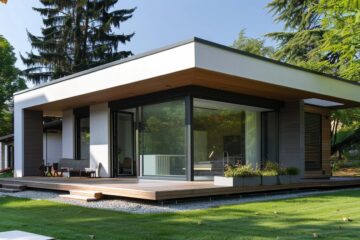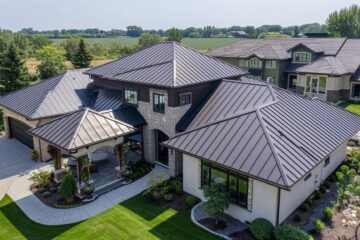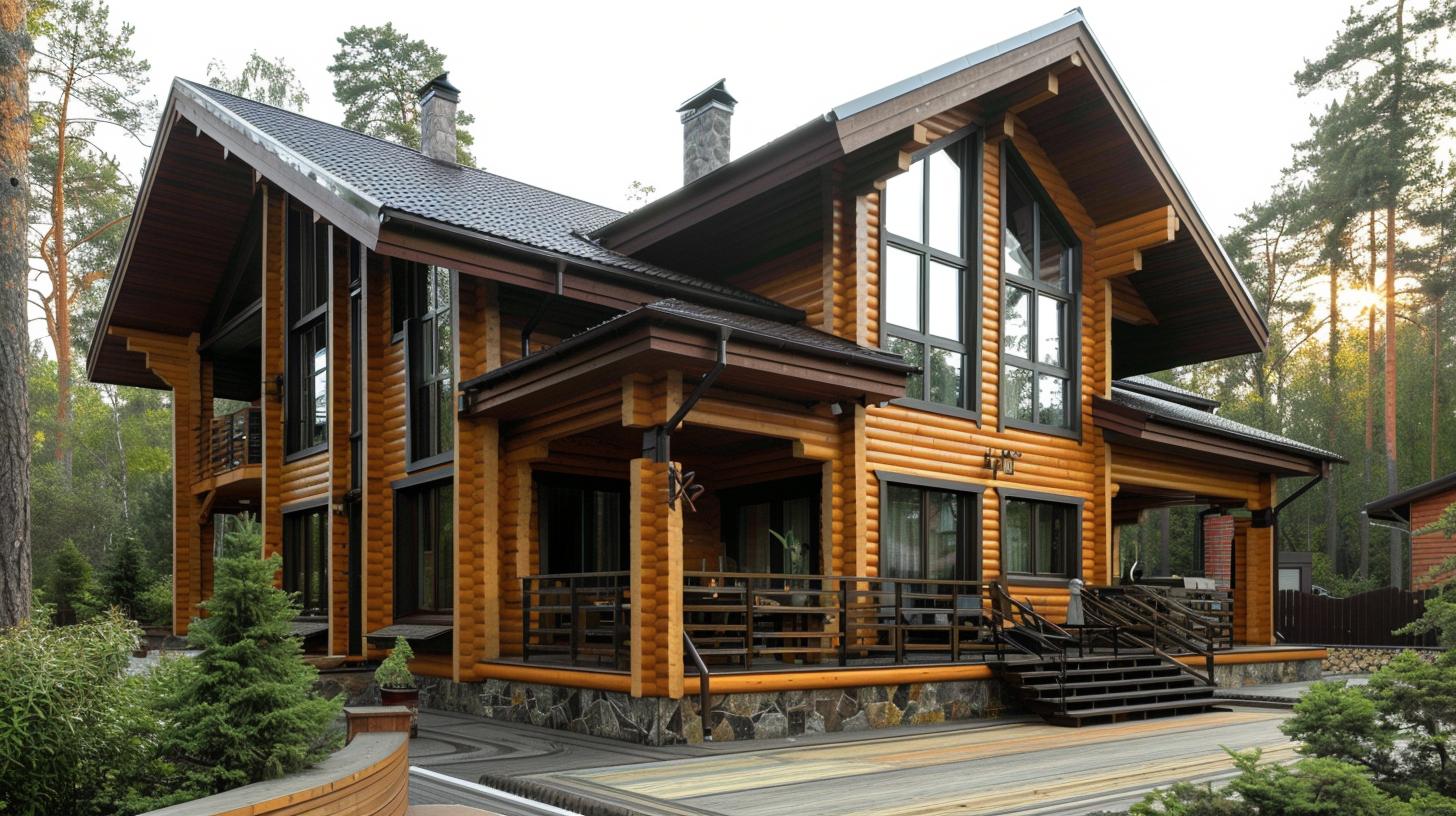Pros of buying a house⁚ Lower cost compared to building a new home, faster move-in process, mature landscaping, visible floor plan during inspection. Cons of building a new home⁚ Potentially going over budget, construction delays, limited customization options in existing developments. In summary, buying a home provides cost savings, convenience, and immediate occupancy, while building a new home allows for full customization but comes with potential delays and higher costs.
Speed and Customization
When considering the choice between building versus buying a home, one critical aspect to evaluate is the speed of the process and the level of customization it offers. Buying a new home generally provides a faster move-in process, allowing individuals to transition into their new residence promptly. Conversely, building a custom home can take several months or even years, depending on various factors such as design complexity and construction timelines.
Moreover, customization plays a vital role in the decision-making process. Building a new home allows individuals to have complete control over the design, layout, and features of their residence. This level of customization enables them to tailor the home to their specific preferences and requirements, creating a unique living space that aligns with their vision.
Cost Considerations
When comparing the costs of building versus buying a home, there are several factors to consider. The actual expenses can vary significantly based on geographical location, the type of construction, and the specific features desired in the property. Generally, building a new home can incur higher costs due to the need to purchase land, obtain building permits, hire professionals, and select materials and finishes. On the other hand, buying an existing home may involve fewer upfront costs but could require additional spending on renovations or updates to align the property with personal preferences.
Financial Comparisons
When examining the financial aspects of building versus buying a home, various considerations come into play. The cost differentials between the two options can fluctuate based on factors such as market conditions, geographical location, construction material prices, and labor expenses. It is essential to conduct a detailed analysis of the overall expenditure involved in each scenario to make an informed decision. Additionally, understanding the long-term implications of the financial commitment associated with building or buying a home is crucial for prospective homeowners.
New Home Construction Insights
Building a new home offers the opportunity for buyers to design a space tailored to their needs and preferences. While the process may take longer compared to buying an existing home, the ability to customize every aspect of the new construction can result in a living space that perfectly matches the homeowner’s vision. With the freedom to choose elements such as layout, finishes, and energy-efficient technologies, building a new home allows for a personalized living experience.
Buyers embarking on a new home construction project should carefully select a reputable builder and establish a detailed contract to mitigate risks of budget overruns or construction delays. Working closely with the builder can help ensure that the project stays within budget and schedule. Additionally, new homes often encompass updated environmental standards and energy-efficient features, providing long-term benefits in terms of sustainability and lower utility costs.
Considerations such as the timeline, level of customization, and adherence to building codes play significant roles in the decision-making process for individuals opting to build a new home. While the upfront costs of building a new home may be higher, the potential for a personalized and efficient living space, along with the inclusion of warranties for workmanship and materials, can make the investment worthwhile for many prospective homeowners.
Homebuyer Trends and Industry Changes
Homebuyers are facing critical decisions when it comes to choosing between building and buying a home. Market trends reveal a shift towards considering existing homes due to factors such as lower median sales prices and mature landscaping. Industry changes, including upcoming rules from the National Association of Realtors, aim to enhance transparency and potentially lower commissions for buyers and sellers, impacting the overall home purchasing process. The decision between building and buying is influenced by personal preferences, cost considerations, and the availability of customized features, highlighting the dynamic nature of the real estate market.
Advantages of Building a New Home
Building a new home offers several advantages that may appeal to prospective homeowners. One key advantage is the opportunity for full customization, allowing individuals to design a living space that aligns perfectly with their preferences and lifestyle needs. Additionally, new home construction often incorporates modern finishes, energy-efficient systems, and the latest technologies, providing enhanced comfort and sustainability.
Another advantage of building a new home is the inclusion of warranties for workmanship and materials, offering added peace of mind and potential cost savings in the long run. Buyers can also avoid the need for costly renovations or repairs that are commonly associated with older homes, ensuring that the new property meets contemporary environmental standards. While the upfront costs of building a new home may be higher, the potential for a tailored living space with updated features and warranties makes it a desirable option for many individuals.
Risk Management and Warranty Benefits
When considering the decision to build or buy a home, understanding risk management and warranty benefits is crucial. Building a new home provides the advantage of warranties that cover workmanship and materials, offering homeowners protection against unexpected issues. These warranties can alleviate concerns about repair costs and provide peace of mind regarding the quality of the construction. Furthermore, the risk of potential defects or issues in a new build can be managed through thorough inspections, reputable builders, and clear contractual agreements.
On the other hand, buying an existing home may come with uncertainties regarding the condition of the property and its systems. While inspections can help mitigate risks, warranties on existing homes are typically limited. Homebuyers should carefully evaluate the maintenance history and potential risks associated with an older property to make an informed decision. In conclusion, the presence of warranties and effective risk management strategies play a significant role in the overall satisfaction and financial protection of homeowners, whether they choose to build or buy a home.
Decision Making for Homebuyers
When homebuyers are faced with the decision of building versus buying a home, several factors come into play. Understanding the cost differentials, market trends, personal preferences, and financial implications is crucial in making an informed choice. Individuals need to assess their current circumstances, timeline, budget, and desired level of customization to determine whether building a new home or purchasing an existing property aligns better with their needs and long-term goals. Additionally, considering the warranties, building process complexities, and potential resale value can aid in the decision-making process for homebuyers.



